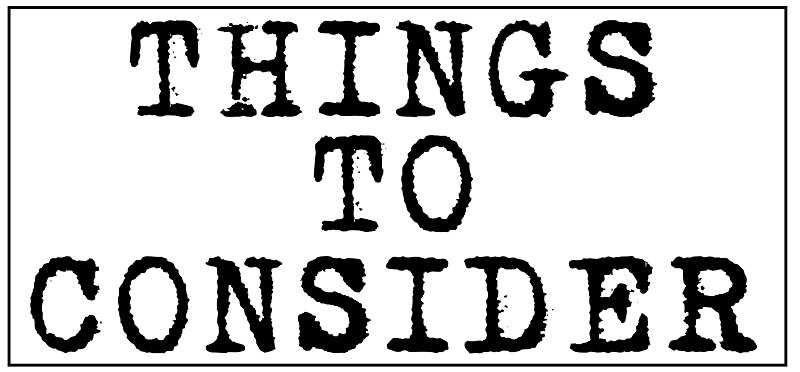Business leaders and those responsible for their corporate social media accounts can use this reminder about the importance of secure passwords – you’re only one weak password away from a breach. It’s a truth that’s too easily forgotten, especially when it has to do with securing a company’s social media websites. Those overseeing these social media sites should know the risks weak passwords pose and how to safely manage them.
With most of the concern focused on how critical fortified employee passwords are to a company’s network and data security, secure social media passwords often get overlooked. Whether a company’s oversight is internal or done by a third-party provider, breached social media sites start with a compromised password and can end with damage to a company’s brand and worse.
 Weak Social Media Password Protection = Risky Business
Weak Social Media Password Protection = Risky Business
Here are a few ways these passwords get risked and they should be avoided.
Password management isn’t consolidated into a single, central source. Scattered procedures create password risks on all levels, including a client sharing their corporate social media passwords with a new agency via unencrypted email or texts. Have just one source to manage all passwords.
Giving too many employees access to social media accounts. Limit access to only those who need it for both the corporate and third-party agency side. Doing so greatly reduces the number of options a hacker has to access the accounts.
Using a text file or spreadsheet to store passwords. It’s risky for the simple reason should a bad actor hack the file, they have every corporate social media password. Consider using a password manager to safely store passwords, keeping in mind that if the password manager experiences a breach, all of your passwords are potentially exposed.
Using easy-to-crack passwords for social media access. Hackers can guess them or use bots to brute-force figure them out. Make sure all passwords are a minimum of 8 characters with a mix of upper- and lower-case letters, numbers, and symbols. Never use whole words or names because they are easily guessed or figured out by brute-force tools.
Not using additional identity verification for logins. Always make 2FA (two-factor-authentication) a part of social media logins. They reduce the likelihood a hacker gets the 2FA code required to login.
Remember, it’s a password jungle out there and the weakest password used for a company social media site is the level of its security. Poorly managed and weak passwords open the door to those looking to do harm, and no one wants to be the reason a corporate social media website gets breached, ever.